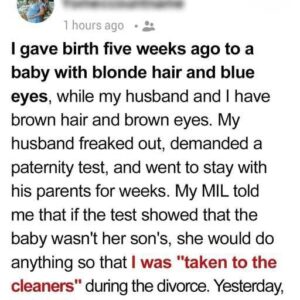In a move that reignited long-debunked conspiracy theories, former President Donald Trump recently shared a video on Truth Social titled “The Video Hillary Clinton Does Not Want You to See.” The video revisits the discredited “Clinton Body Count” narrative, a conspiracy theory that baselessly connects the Clintons to the deaths of various individuals.
Though these claims have been repeatedly debunked by independent investigations and fact-checking organizations such as Snopes and PolitiFact, they continue to circulate online. The deaths of figures like Vince Foster, JFK Jr., Seth Rich, and others have long been used as political ammunition, despite confirmed causes such as suicide, plane crashes, or unsolved but non-political crimes. Law enforcement agencies have consistently found no ties to the Clintons.
For Hillary Clinton, who has spent decades in the public eye—serving as First Lady, U.S. Senator, Secretary of State, and presidential candidate—these resurgences are deeply personal. Each recycled accusation comes with renewed online harassment, threats, and emotional strain for her and her family.
“I’ve been accused of everything, right? Including running a child trafficking ring in the basement of a pizza parlor,” Clinton said in a 2020 interview, referring to another conspiracy. “It’s not just hurtful—it’s dangerous.”
As a political figure, Clinton has faced unmatched scrutiny and disinformation. Yet she remains a symbol of perseverance to many, especially women in leadership. The constant attacks not only distort the truth but also highlight the personal cost of public service in the age of viral misinformation.
Rather than villainize, perhaps it’s time to recognize the resilience it takes to withstand decades of unfounded smears—and feel empathy for the human being behind the headlines.





